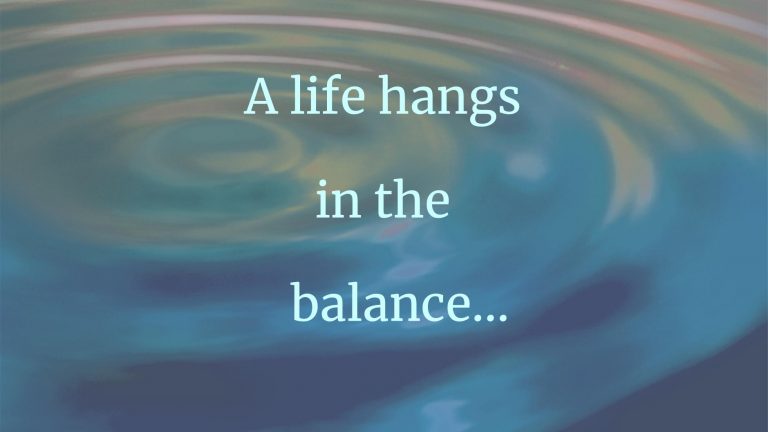
What It’s Like to Disappear
One morning seven years ago, I disappeared.
I started the day by swimming laps in the pool at the Northwestern University sports and recreation center in Evanston, IL, as I’ve done for at least fifteen years.
I have long suffered chronic muscle spasms and pain in my neck, hands and feet, and my daily swims, pain medications and mindfulness meditation make up part of a very helpful therapeutic regimen.
At around 9:00 am, having finished my laps, I felt some very mild tightness in my chest.











